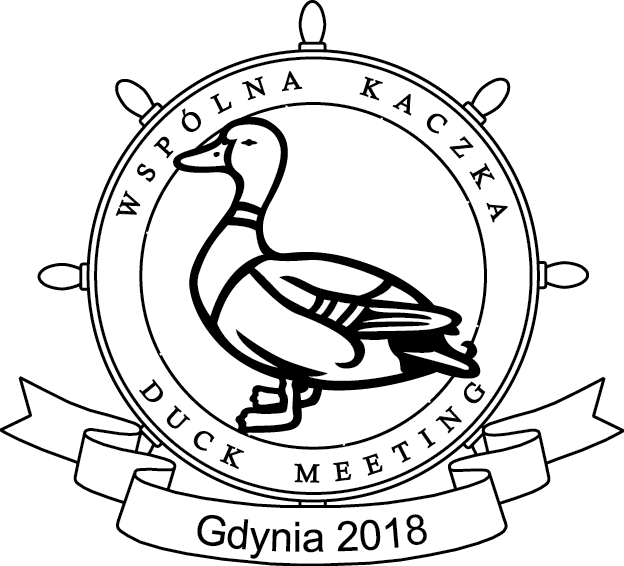2016-07-04
New port regulations
The Council of the European Union has adopted the provisions of the so-called Port Package 3. The new regulations, prepared by the European Parliament, are aimed at ensuring easier access to port services in the EU and the financial transparency of ports. The regulations will apply to 319 ports functioning within the Trans-European Transport Networks (TEN-T) and having key importance in terms of trade both within the EU and between the EU and third countries. As for Poland, this concerns the ports in Gdańsk and Gdynia and the port complex Szczecin-Świnoujście.
The new regulations are primarily aimed at increasing the transparency of charges for using the port services and infrastructure. Clear and precise information about port charges is to prevent unjustified price hikes and contribute to increase in trade.
The most controversial issue was the provisions regarding free access to port services, which appeared in the original versions of the document. Polish ports were afraid that it would not enhance their competitiveness, but instead enable the entry into our market of large Western companies from Hamburg or Rotterdam, which would be in a better situation in tenders than smaller Polish companies, which would be cast in the role of subcontractors. Finally, the provisions about free access were replaced by framework regulations which specify the conditions for access to port services in the EU.
The Polish government and the representatives of the port sector, who jointly protested against the previous regulations, acknowledge the fact that the current project, introducing general principles of service organisation in ports and referring detailed regulations to the national legislation, poses no threat to the efficient functioning of sea ports. The proposed solutions regarding the provision of public aid to sea ports for the purposes of infrastructure development and modernisation are also winning greater acceptance.
According to EC officials, this stems from the fact that the diversity of the European port sector and the specific conditions existing in each Member State were taken into account. As a result, it was decided that the national regulations regarding port services should remain binding and that in some situations, port managers should be able to reduce the number of service providers and impose mimimum requirements regarding the provision of services.
The final version of the new regulations needs to be formally approved first by the EP and then by the EU Council. The procedure should be completed in 2016 and the new regulations will enter into force 20 days after their publication in the Official Journal of the EU. Fixed-term contracts already in force will not be affected. However, as for contracts for an indefinite period of time, they will need to be adjusted to the new regulations by July 2025.
Issues related to the Port Package are going to be discussed during the Sea Ports Panel organised as part of the Maritime Economy Forum Gdynia 2016.


